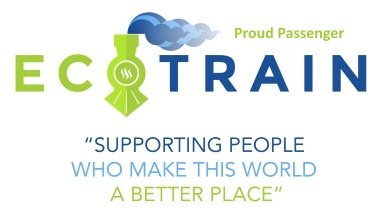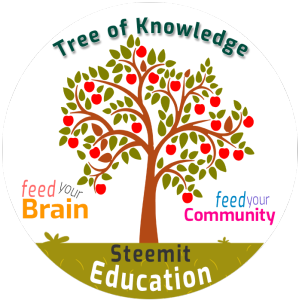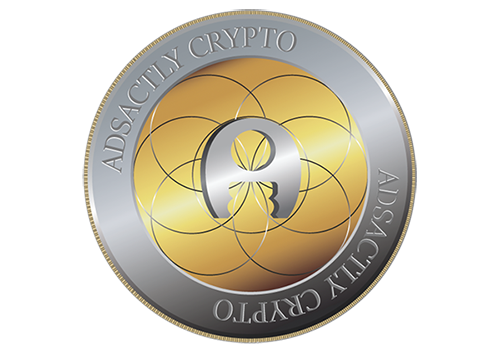Finding Usefulness In Learning
What grabs our interest in any activity always lies in the utility we give it. Through the years of schooling we're exposed with subjects such as math, physics, history and so on. And even so this knowledge might appear boring or dull to some people, we all eventually use it.
But still, it is hard for students to engage with it. I think that, based on my experience as both: a teacher and student, the problem is the approach.
Teachers must show students FIRST how important will be a specific knowledge in their own lives. They should address any assignment by giving it a practical functionality. Sometimes students don't engage in class because they don't see value.
Also, teachers must discard the portion of knowledge that won't bring progress into the students' lives. Though this is an aspect they don't control because it evolves the whole education system alongside the authorities, it's still reasonably logic to choose only what the teacher considers valuable.
That's why they hold the power during class... at least that's what they say. But what do they do with such a power? Because if it is indeed a power, which I believe is a mere illusion, why don't they just pick up the information instead of leaving that task to some bureaucrats who stand out in other areas (if any).
The intolerance of education
The material selected for teaching nowadays are scarcely based on real facts and functionality. Much of it is really outdated. Books and resources usually don't get revision. And they are deemed as religious texts that shouldn't be questioned.
It's not my intention to reduce the quality of a book from a certain author. But when I was a student, I couldn't help finding many inconsistencies in a lot of texts. For instance, there was a great Swiss psychologist called Jean Piaget who based his life in studying child development.
But due to little advances in technology and research in that area, he tended to generalize all his ideas. His work was brilliant. But others subsequent studies by other scientists gave more insights, and even tossed away some of Piaget's allegations. However, the education system (I was at) still holds Piaget's inputs as unquestionable truths.
And that's not the correct way to educate. It doesn't matter if the source of information is or was a prominent person. Education system must not remain in old premises that have been cast away.
Any new development is always a stone in the long line that leads to the ultimate wisdom.
The ones who are in charged
When we were students, how many times we complained of being pushed into doing something we didn't want because we found it no useful. And when we dared to question teachers, they just said that it was part of the curriculum.
That's their way to dispel their fault, so to speak.
If the educational system sticks with wrong ideas, it doesn't mean that teachers are bound to do the same. Some of them might say that they don't have any choice. But there's always one. Because if any teacher just wraps in that excuse, he/she is a just an accomplice of the broken education. And sadly, this is an attitude displayed everywhere in different fields... but that's a topic for another post.
Meanwhile, what I'd like to point out for now is that teachers have to assimilate that they are specialists not only to convey knowledge but also to choose the information and resources. The freedom they want their students to have should mirror the same freedom they keep to select the right content.
What's need to be done?
In order to know what type of knowledge is useful, we just need to apply it into real world. So, I'll give you the following some guidelines in this regard:
Employ it outside in the open.
Use the knowledge acquired by interacting with other people. See if it offers solutions or brings progress.
Consult other resources apart from the ones given in school, and find similarities or differences.
Run experiments on your own. The best way to know if the knowledge acquired is useful is by testing it constantly.
As a conclusion, knowledge is not something we have only to fill our head. It is something that must provoke discussion and bring alternatives. Also, it has to serve a meaningful purpose so that it can help people development.
Thumbnail: Source
Previous Posts From This Series
Community Service On Educational Institutions: Obligation Or A Willingly Deed?
Why Do Some Of Us Learn More Outside The Educational Environment?





Congratulations @edave your post had been selected for an upvote worth ~$1.57 as part of the @ecoTrain minnow support project. Your upvote will come soon!
I hope this encourages you to keep writing amazing posts and making this world a better place!.
JOIN US ON DISCORD
https://discord.gg/XwAmRWW